The world of NBA jerseys is both vast and vibrant, offering basketball fans a plethora of options to showcase their team spirit. From classic designs that pay homage to the sport's storied history to cutting-edge styles that capture the dynamic essence of today’s game, the market is flooded with brands that cater to every taste and preference. Whether you're looking for a jersey to wear courtside, rock at a watch party, or simply add to your collection, there are certain brands that consistently deliver in terms of quality and style. To explore which brands have earned their place at the top and find the perfect fit for your fandom, continue reading below.
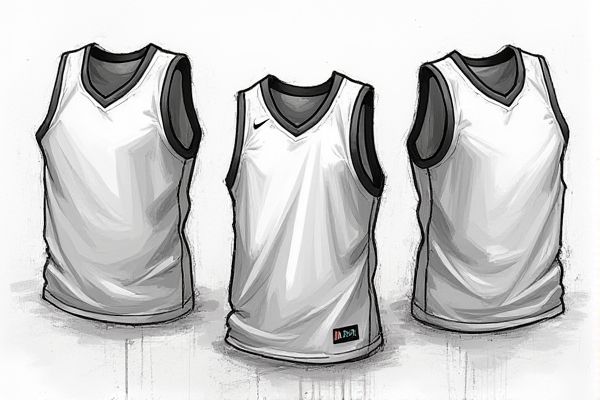
Illustration of nba jerseys
Best brands of nba jerseys in 2025
Nike
Nike remains a dominant force in the sportswear industry, particularly in producing NBA jerseys, having retained the exclusive contract to design and manufacture NBA, WNBA, and G League uniforms for another 12 years until 2037. This extension builds on their initial eight-year deal that began in the 2017-18 season, valued at around $1 billion, marking the first time an apparel partner had its logo on an NBA or WNBA jersey. Nike's strong market presence is underscored by its nearly 30% market share in athletic footwear and its global revenue of approximately $51.36 billion in the fiscal year ending May 31, 2024. Despite recent challenges, Nike's brand and market share continue to be unparalleled, with a global market share of 16.4% in sneakers and apparel as of 2024. The company's extensive marketing and sponsorship efforts, including its deal with the NBA, solidify its position as a leader in the sportswear market.
Adidas
Adidas is a prominent producer of NBA jerseys, having secured an 11-year partnership with the NBA starting in 2006, valued at over $400 million. This partnership made Adidas the official uniform and apparel supplier for the league, leveraging its global presence and brand strength. With Reebok's assets, Adidas held a 20% share of the U.S. shoe market, though it still trailed behind Nike's 70% market share. Adidas's deal included branding on WNBA, NBDL, and replica jerseys, as well as NBA warm-ups and practice gear, without placing its logo on official jerseys. This partnership highlighted Adidas's commitment to basketball and its efforts to expand its influence in the U.S. market. You can read more about this partnership on ESPN's article.
Mitchell & Ness
Mitchell & Ness is a premier brand for NBA jerseys, renowned for its authentic and vintage sports apparel. Since striking a licensing agreement with the NBA in the early 2000s, the company has experienced significant growth, with sales jumping from $2.2 million in 1999 to $25 million by 2002 and a projected $40 million in 2003. Their throwback jerseys, which feature retro designs from legendary athletes, have been a major factor in this success. The brand's commitment to authenticity and quality has made it a favorite among sports enthusiasts, with jersey purchases accounting for a substantial portion of the league's apparel sales. Mitchell & Ness was acquired by the adidas Group in 2007, further expanding its reach and offerings. For more information, visit the Mitchell & Ness official website.
Puma
Puma is a significant player in the NBA jersey market, known for its high-quality and stylish apparel. The brand has collaborated with prominent athletes such as RJ Barrett and holds a 4% market share in the U.S. athletic shoes sector. In the NBA, Puma is ranked as the 4th most famous basketball shoe brand, with a median of 3.4% over the last five seasons. Puma's global revenue has seen substantial growth, reaching approximately 8.6 billion euros in 2023, with a notable increase in direct-to-consumer sales by 17.5% in the same year. The brand's commitment to sustainability is also evident, with almost 61% of its shoes produced in 2022 using one or more sustainable components. For more information, visit Puma's official website.
Under Armour
Under Armour has emerged as a significant player in the sports apparel market, particularly notable for its recent surge in popularity and market share. As of 2024, Under Armour has surpassed Adidas to become the second-largest sports brand in the U.S., with apparel sales accounting for 14% of the U.S. market, more than twice that of Adidas. The company's U.S. apparel and footwear sales reached $1.2 billion by the end of August, driven by a 20% increase in sales this year. Under Armour's focus on women's sports apparel and footwear, as well as its strategic partnerships and expansions, have contributed to its growth. The brand anticipates nearly $3 billion in sales for the year, reflecting its strong market presence. For more information, visit the Under Armour website.
Fanatics
Fanatics is a leading producer of NBA jerseys, operating as a vertically-integrated sports commerce platform that manufactures and distributes official team merchandise through exclusive long-term licensing deals with major sports leagues, including the NBA. The company generates approximately 80% of its revenue from its commerce division, which includes designing, manufacturing, and selling licensed fan gear, jerseys, and other sports apparel. Fanatics has a significant market presence, operating e-commerce sites for over 900 teams, leagues, and colleges, and maintains high gross margins of 40%+ due to its vertical integration of manufacturing and distribution. In 2023, Fanatics reported $7 billion in revenue, with a 17% year-over-year growth rate. The company's ability to capture "hot market" opportunities and its real-time manufacturing capabilities make it a standout in the sports merchandise industry.
Reebok
Reebok, although not the dominant player in the NBA jersey market, has made significant strides, particularly after its acquisition by adidas in 2006. This acquisition boosted adidas' share of the U.S. shoe market to 20%, though it still trails behind Nike's 70% market share. Reebok continued to be invested in basketball, with notable endorsers like Allen Iverson, and adidas planned to release team-branded shoes and lifestyle shoes featuring the NBA's retro logos and colors. Despite this, Reebok's market presence in basketball shoes is relatively small, with only a 0.8% share among NBA players. For more detailed information, read the full article on the ESPN website.
Jordan Brand
The Jordan Brand, a collaboration between Michael Jordan and Nike, is one of the most successful and recognizable brands in the NBA apparel and footwear market. As of 2019, the Jordan Brand accounted for 8% of Nike's revenue, growing at a rate faster than Nike's overall revenue. The brand dominates over half of the U.S. basketball shoe market and has a brand awareness of more than 90% among sneaker owners in the United States, with 34% of Gen Z sneaker owners owning Jordan sneakers. For detailed insights into the Jordan Brand's presence in the United States, explore the brand profiles on Statista.
New Era
New Era, although not specifically highlighted as a major player in the basketball apparel market in the provided sources, is well-known for its high-quality sports jerseys, including those for the NBA. However, the dominant brands in the basketball apparel market include Nike, Adidas, Under Armour, and Jordan Brand, which are driving growth with innovative materials and designs. For instance, the global basketball apparel market is projected to reach $11.55 billion by 2034, growing at a CAGR of 6.3% from 2024 to 2034, with North America holding a significant market share of 27.2% in 2024.
Champion
Champion is a notable brand in the basketball apparel market, particularly known for its NBA jerseys, benefiting from the growing demand driven by the athleisure movement and the rising popularity of basketball. The global basketball apparel market, which includes Champion's products, is projected to grow at a CAGR of 6.3% from 2024 to 2034, reaching a market size of $11.55 billion by 2034. Champion, along with other major brands like Nike and Adidas, contributes to this growth by offering high-quality, fashion-forward jerseys and other apparel. The North American region, where Champion has a significant presence, accounts for 27.2% of the market share in 2024. Champion's focus on comfort, style, and performance enhances its appeal to both athletes and casual wearers.










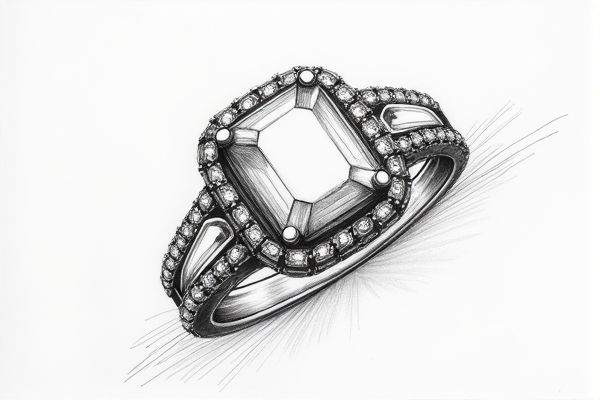
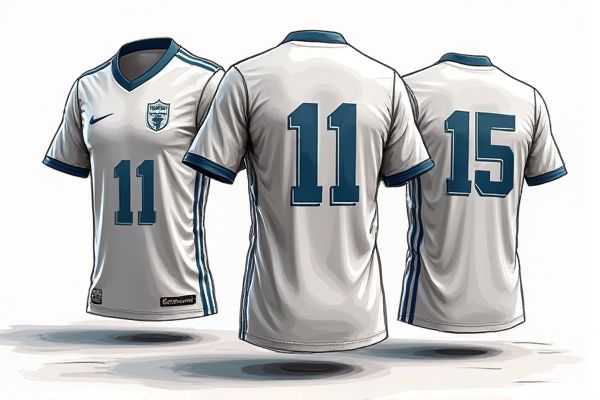
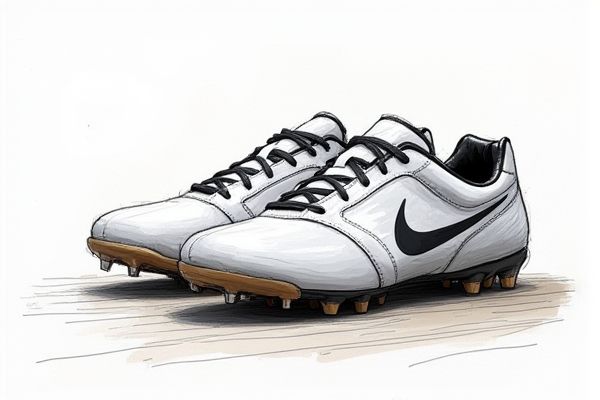
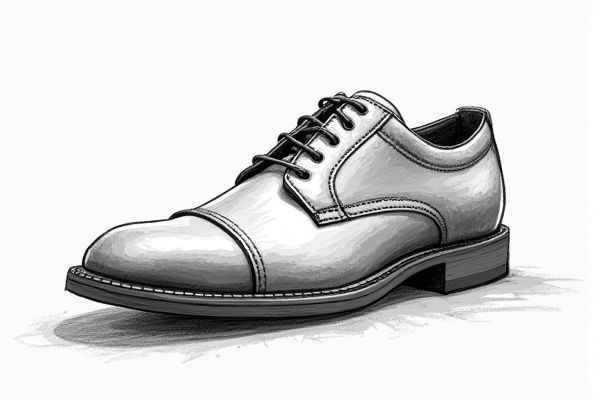
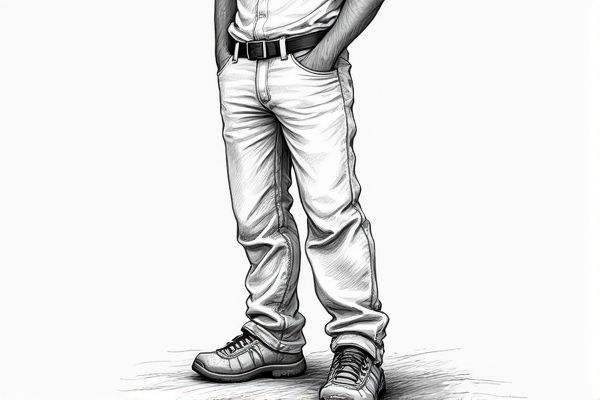
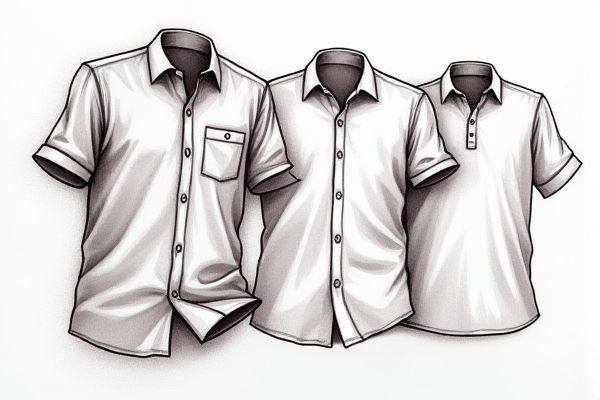
Leave a Reply
Your email address will not be published.